Taking place over two days, May 12-13, the "AI Ethics" course was organized based on the cooperation between the Blockchain and Artificial Intelligence Institute (ABAII) and the US Embassy after more than 1 year of preparation.
According to Mr. Le Linh Luong, Deputy Director of ABAII, Decision No. 127/QD-TTg of the Prime Minister dated January 26, 2021, promulgating the National Strategy on Research, Development and Application of Artificial Intelligence to 2030, emphasized the need to improve capacity in ethics, risk management and AI policy for experts, managers and developers.
Therefore, this course is an important step in the process of building a responsible AI ecosystem that is suitable for the legal, cultural and social context of Vietnam.
Ms. Elenita Tapawan - Director of US Centers in Vietnam - delivered the opening speech of the course. Photo: Organizing Committee
Providing more information about the course, Ms. Elenita Tapawan - Director of US Centers in Vietnam - said: "Students will not only learn about algorithms, data, but also strengthen their ability to make transparent, fair, responsible, and human-centered decisions."
In particular, the course reflects the growing partnership between Vietnam and the United States in the areas of education , innovation and advanced technology, from joint research programs to student exchanges.
In the current context, when AI penetrates every corner of life, AI ethics is no longer an option but an urgent requirement.
Without clear ethical principles in design and operation, we face the risk of algorithmic bias, privacy violations, data loss, and unpredictable social and legal consequences.
With live Q&A sessions with domestic and foreign lecturers throughout the course, students, including technology engineers, AI developers, state management officials, researchers and lecturers, will learn deeply about three main topics, including: Ethical principles in AI development; Responsible artificial intelligence framework; AI regulations in the United States, comparative analysis with European AI policy.
Safe AI doesn't come naturally
As one of the course lecturers, Mr. Dao Trung Thanh - Vice President and Chairman of the ABAII Faculty Council pointed out, "AI has no conscience, emotions, or ethics. Ethical issues are all brought into AI by humans".
Through hypothetical scenarios in the fields of transportation, healthcare , and recruitment, Mr. Thanh clarifies the issue when developing and applying AI: legal priority or ethical priority.
The expert emphasized that safe AI systems do not come naturally and the most basic principle when developing AI systems is do not harm. From here, he proposed 7 AI ethical principles based on references from countries and regions, including: safe and effective systems; data privacy; security, sustainability and reliability; explainability; accountability; growth, sustainable development and welfare enhancement; human autonomy.
Mr. Dao Trung Thanh - Deputy Director and Chairman of the ABAII Faculty Council - emphasized that safe AI systems do not come naturally. Photo: BTC
According to Mr. Thanh, to develop a safe and effective system, it is necessary to develop AI with the participation of the community and experts, prioritizing public safety; only using appropriate and accurate data, especially in sensitive areas; ensuring continuous testing and monitoring, providing independent assessments and transparent reporting to maintain the effectiveness and safety of AI systems.
Sharing on the sidelines of the course, Ms. Nguyen Hong Minh, Network Development Director of InterEdu Education Organization - Microsoft's Global Training Partner in Vietnam, said that AI ethics is a topic of great concern today. While AI users are increasing and AI courses are springing up like mushrooms, AI ethics courses have not received due attention, even though this is an important and core issue when working with AI.
She sees the course as an opportunity to learn and gain a systematic view of AI ethics, especially from the United States and from organizations that are practicing and implementing it in real life.
“We are all in the process of learning about AI and must approach it with an open learning mindset, starting with small, correct and persistent steps, without stopping,” she said.
Source: https://vietnamnet.vn/khai-giang-khoa-hoc-dao-duc-ai-dau-tien-tai-viet-nam-2400244.html


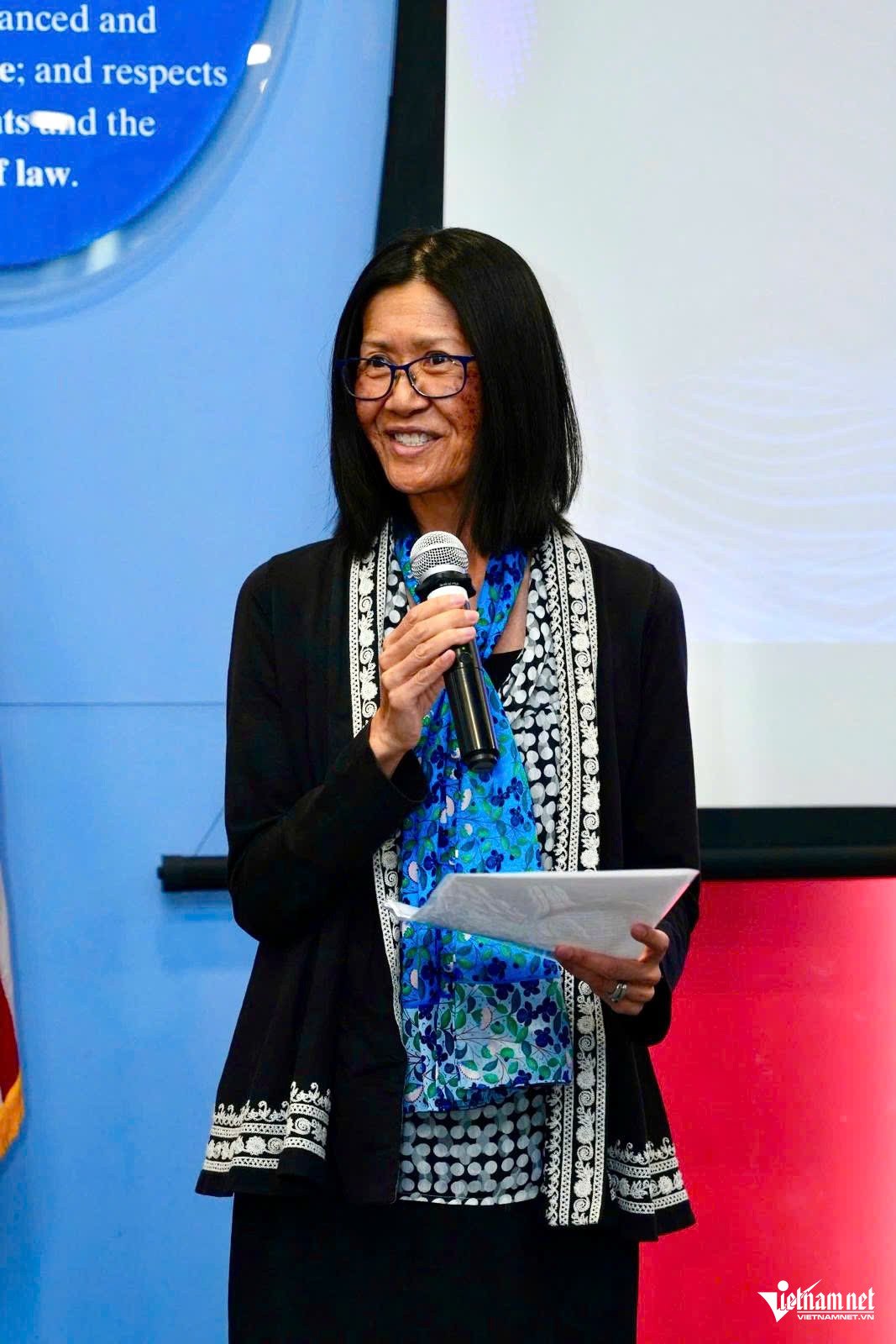
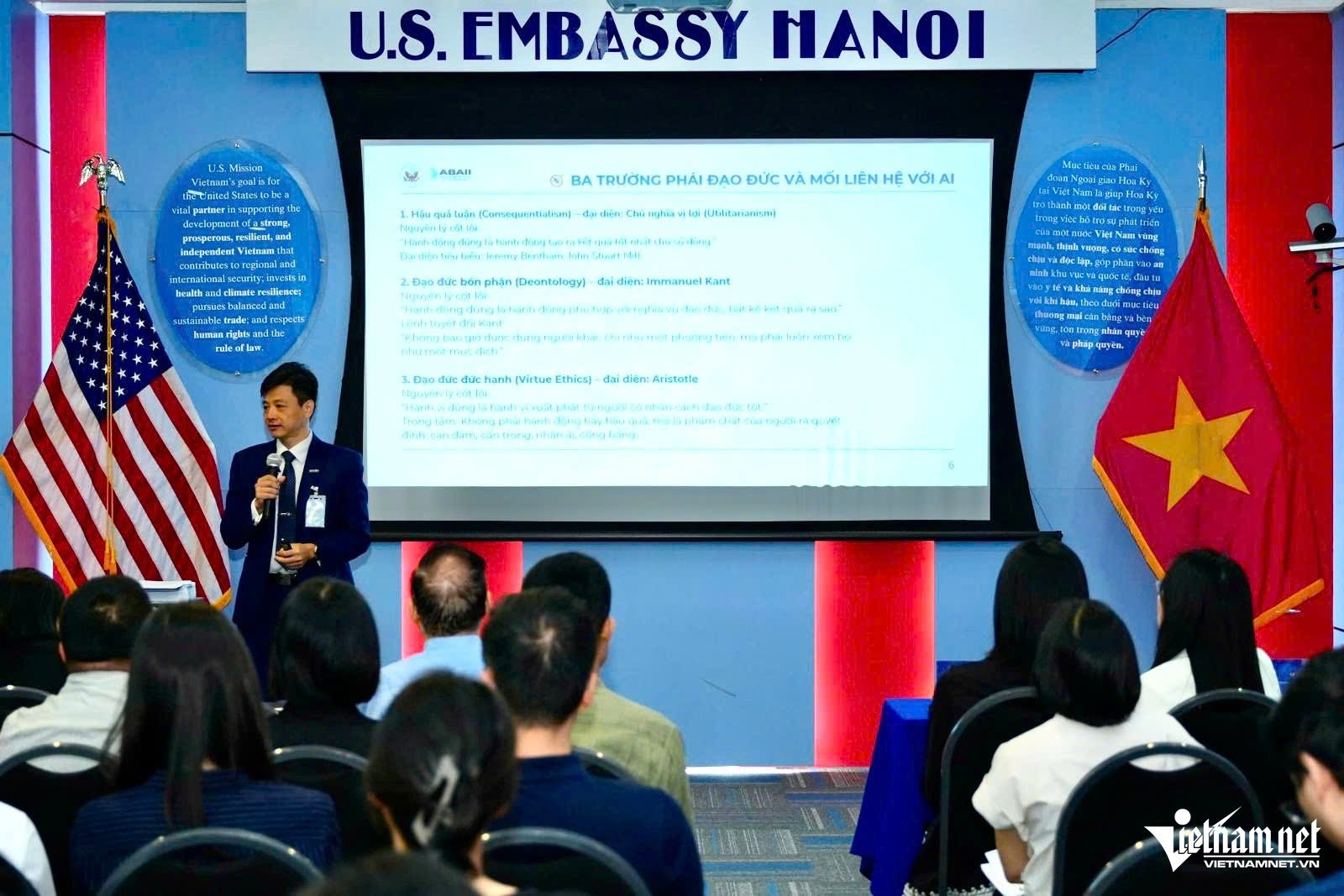









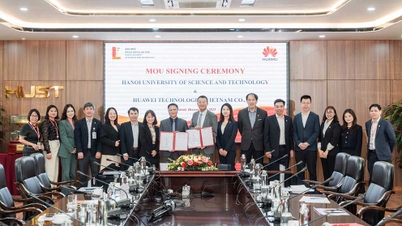

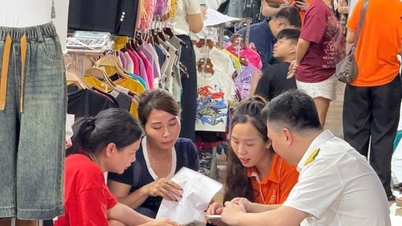

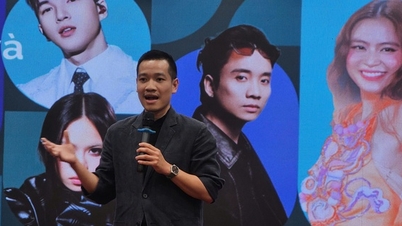



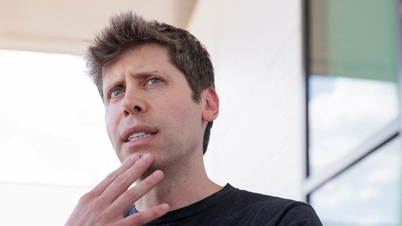



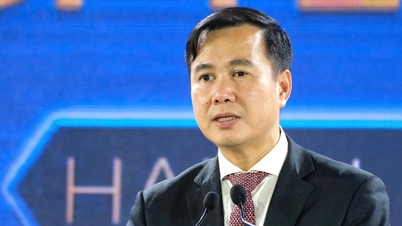





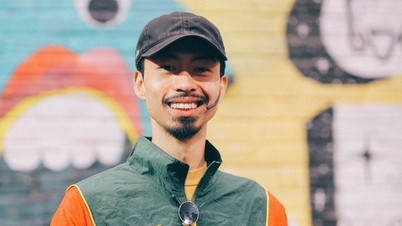

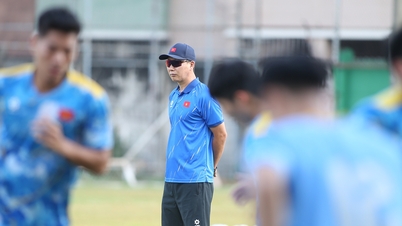
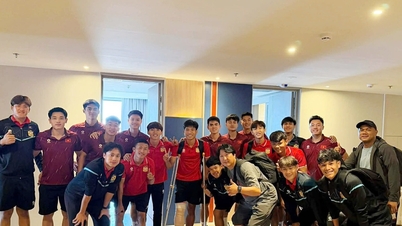
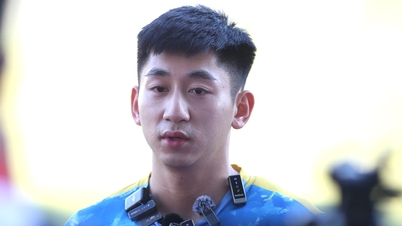


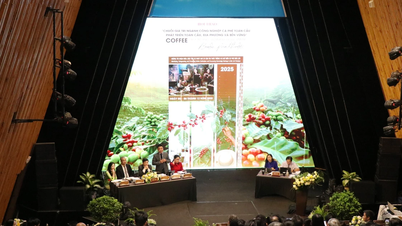








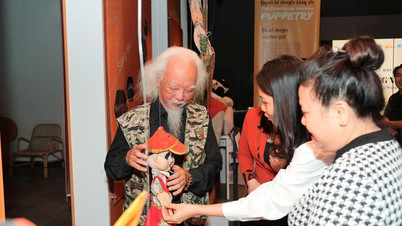

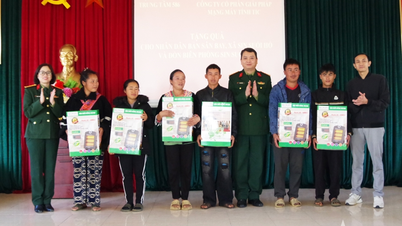




























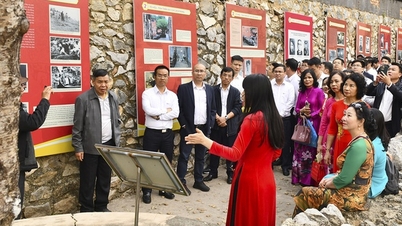





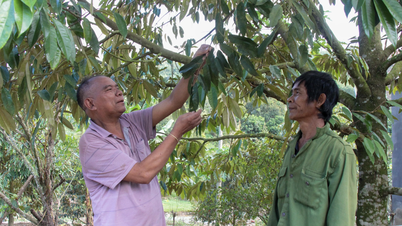
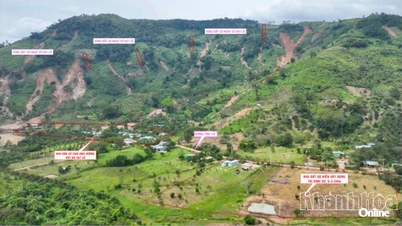






















Comment (0)